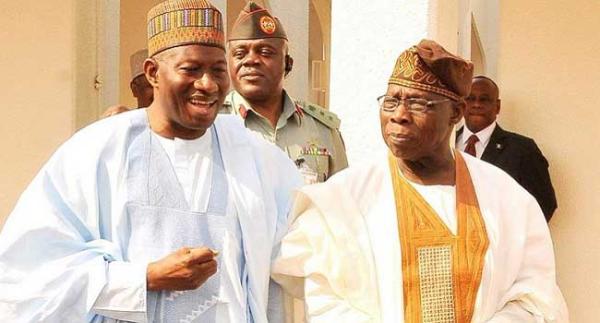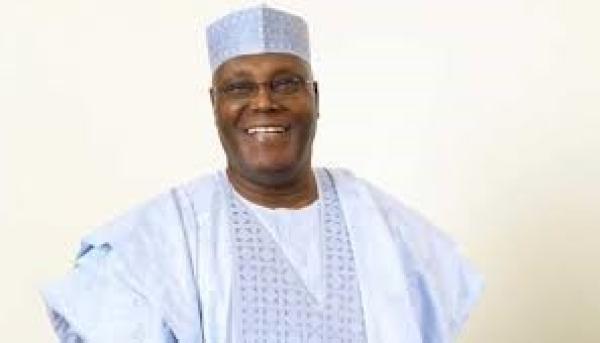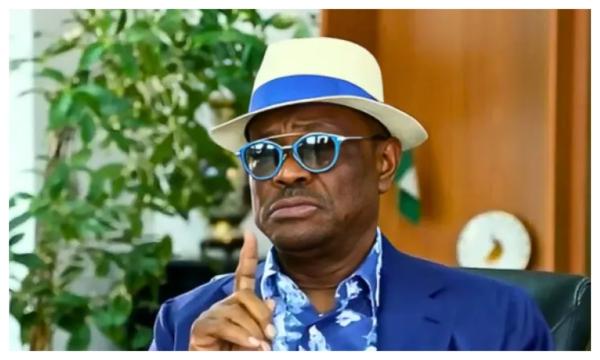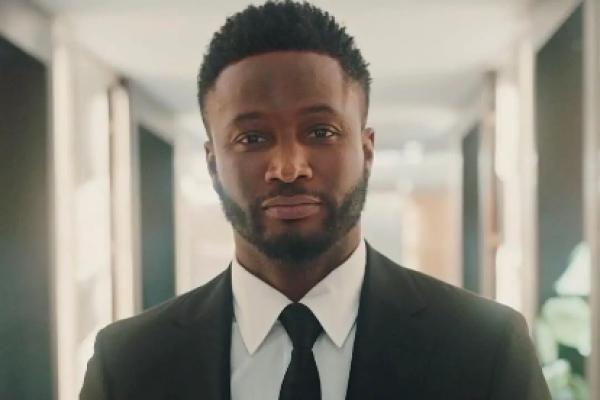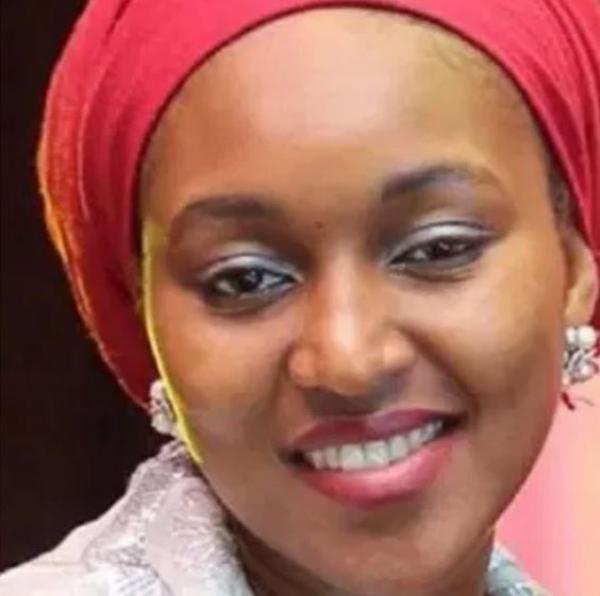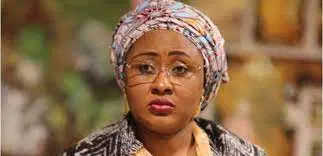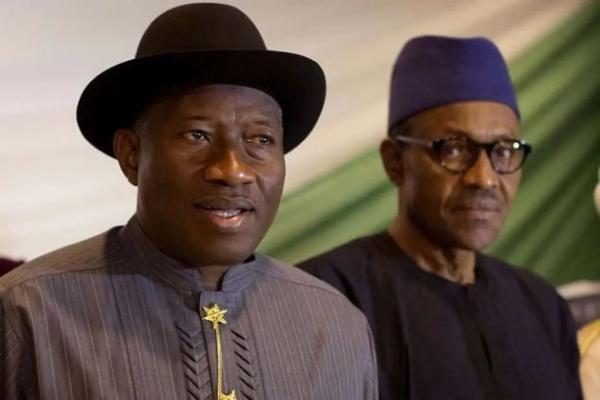
Garba Shehu, a former presidential spokesperson, has refuted former President Goodluck Jonathan’s claim that Boko Haram once selected ex-President Muhammadu Buhari as its preferred negotiator in peace talks with the Federal Government.
Shehu, who served as Senior Special Assistant on Media and Publicity to the late President Buhari, reacted in a statement posted on X on Friday.
He wrote in part, “Boko Haram did not nominate Buhari as their mediator. To be president in 2027, Goodluck Jonathan should look for another story to tell Nigerians.”
Jonathan had earlier made the claim on Friday at the public presentation of Scars: Nigeria’s Journey and the Boko Haram Conundrum, a book authored by former Chief of Defence Staff, General Lucky Irabor (retd.), in Abuja.
He said his administration had set up several committees to dialogue with the sect, adding that in one of those efforts, “Boko Haram nominated Buhari to lead their team to negotiate with the government.”
Jonathan added, “I felt that if they nominated Buhari to represent them and have discussions with the government, then when Buhari took over, it could have been an easy way to negotiate with them and they would have handed over their guns. But it was still there till today.”
He noted that the failure to end Boko Haram showed the conflict was more complex than many believed. “I thought that after I left, within a reasonable time, General Buhari would wipe them out. But even today, Boko Haram is still there. The issue of Boko Haram is far more complex than it is often presented,” he said.
Jonathan also reflected on the 2014 abduction of the Chibok schoolgirls, describing it as “a scar I will die with.”
He maintained that his government tried multiple strategies to end the insurgency, but external influence and sophisticated weapons made it difficult.
Jonathan urged the current administration to adopt both carrot-and-stick approaches to end the crisis.
Shehu described Jonathan’s statement as “a terrible claim” and “a false start” if intended to support a future political ambition.
He said, “Muhammed Yusuf or Abubakar Shekau, the deceased leaders of Boko Haram, never nominated Muhammadu Buhari for any such role. In fact, Shekau routinely denounced and threatened Buhari, and their ideologies were in direct opposition.”
Shehu recalled that in 2014, Buhari narrowly escaped a bomb attack in Kaduna, where some of his aides were injured.
“Buhari’s campaign focused on fighting Boko Haram and restoring security to Nigeria whenever he became president,” he added.
The former aide said reports linking Buhari to Boko Haram in 2012 were politically motivated.
“Contrary to the news making the rounds in those years that Boko Haram had nominated General Muhammadu Buhari as mediator, the retired military general denied knowledge of any such nomination,” he said.
Shehu referenced the 2012 statement by the then Congress for Progressive Change (CPC), led by Buhari, which denied his alleged nomination by the terrorist group.
In his post, Garba Shehu recalled that the Congress for Progressive Change (CPC), led by Buhari at the time, had immediately denied reports in 2012 that the then general was nominated by Boko Haram as a mediator.
According to Shehu, the CPC’s National Secretary, Buba Galadima, clarified that Buhari “was not aware of the appointment.”
Shehu also referenced the late CPC National Publicity Secretary, Rotimi Fashekun, who had criticised the then Peoples Democratic Party (PDP)-led government, calling the claim “a ploy to divert Nigerians’ attention from massive looting.”
Shehu noted that Fashekun further alleged there were “three variants of Boko Haram,” the original group, criminal elements, and a political faction, which, he claimed, the PDP-led government represented.












